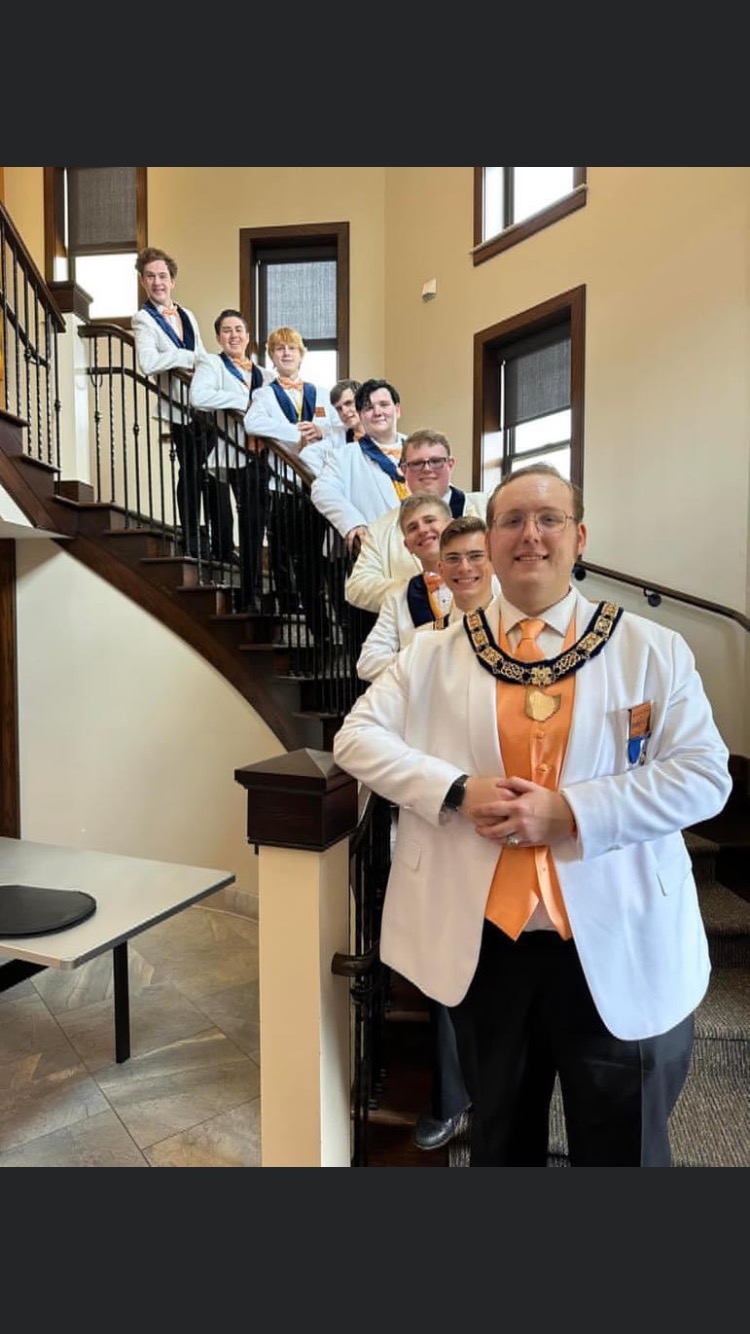ADVISORY COUNCIL
Each DeMolay Chapter must have an Advisory Council consisting of three or more Master Masons in good standing. Senior DeMolays who are not Master Masons, but are recommended by the sponsoring organization, also are eligible to serve as members of an Advisory Council and may act in any capacity except that of Chairman.
Advisory Council members may be recommended by the sponsoring body of the Chapter, but their appointment will be made by the Executive Officer of the jurisdiction.
The term of officeis one year. No magic number of Advisors ensures success, but certainly exceeding the minimum oftbree required by the International Supreme Council will make things easier on all the Advisors. Regardless of the number of Advisors on the Council, the important thing is to see that the responsibilities and duties are divided. Everyone should share the load, and each should know his responsibilities.



